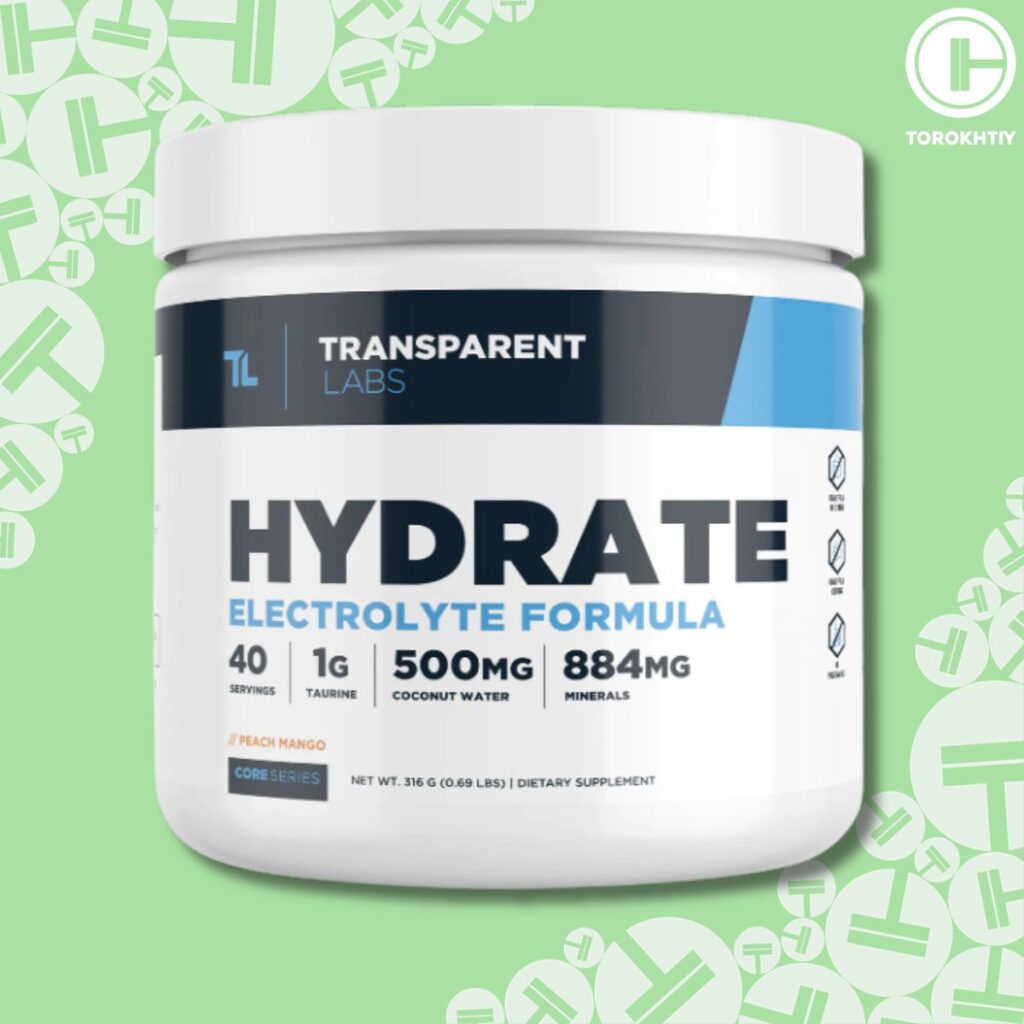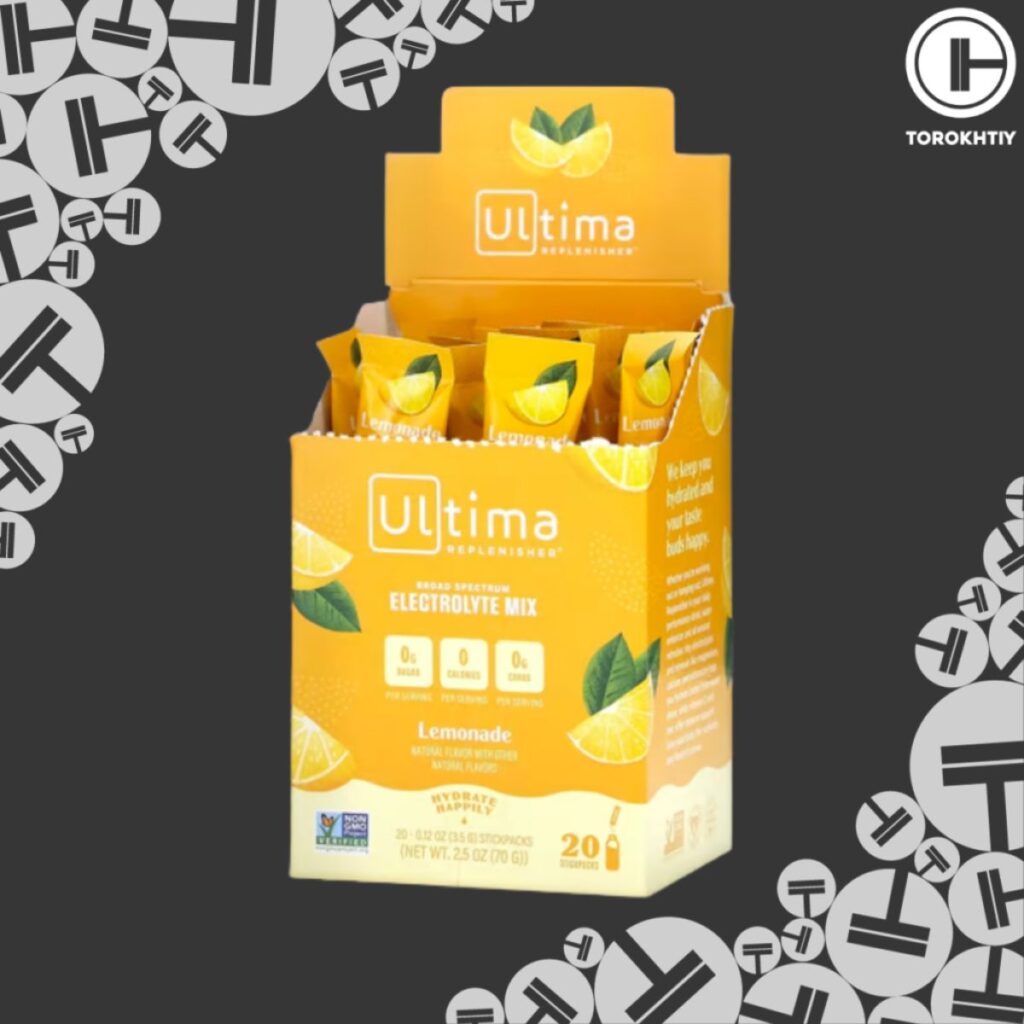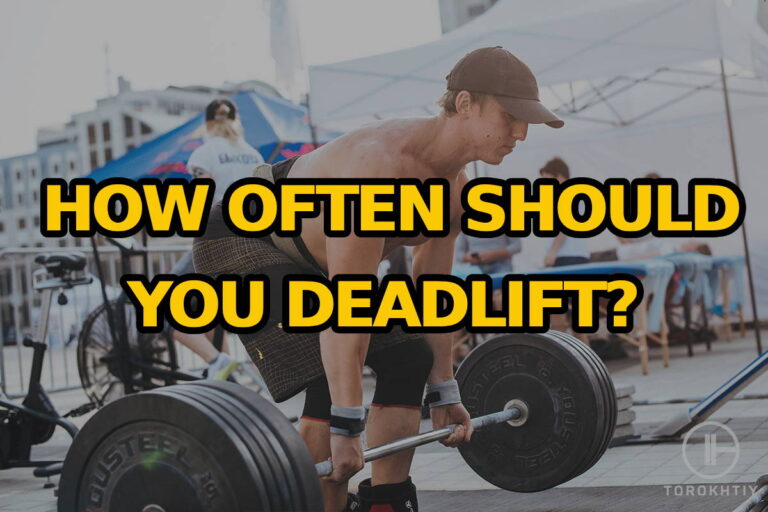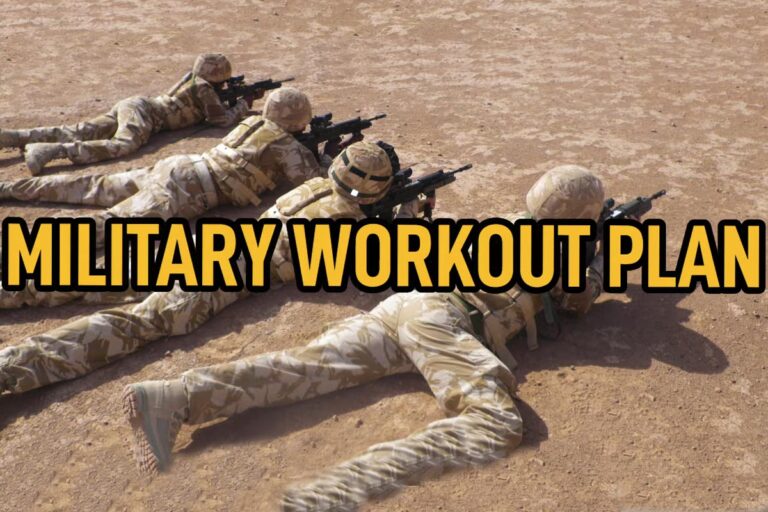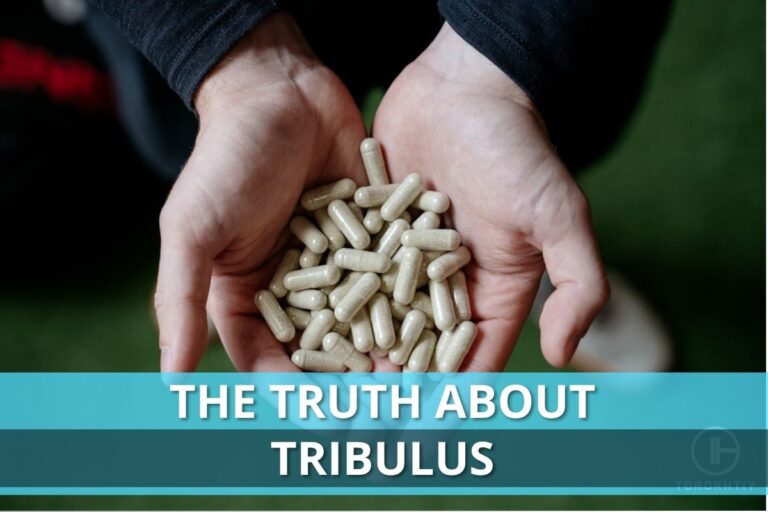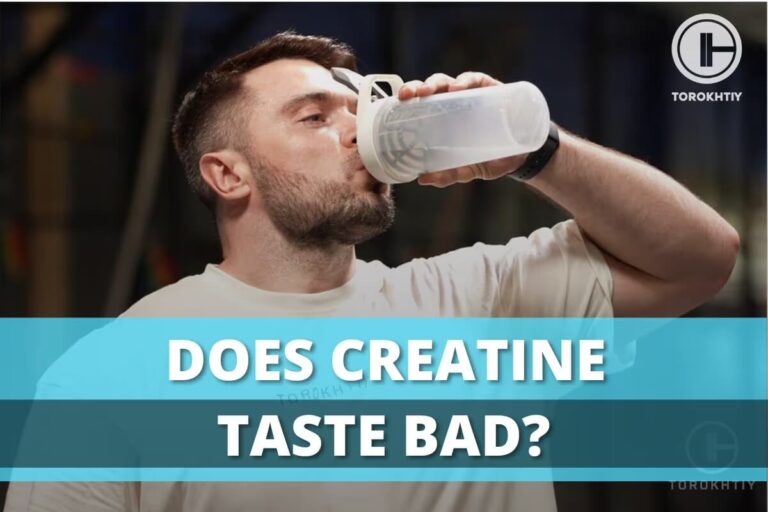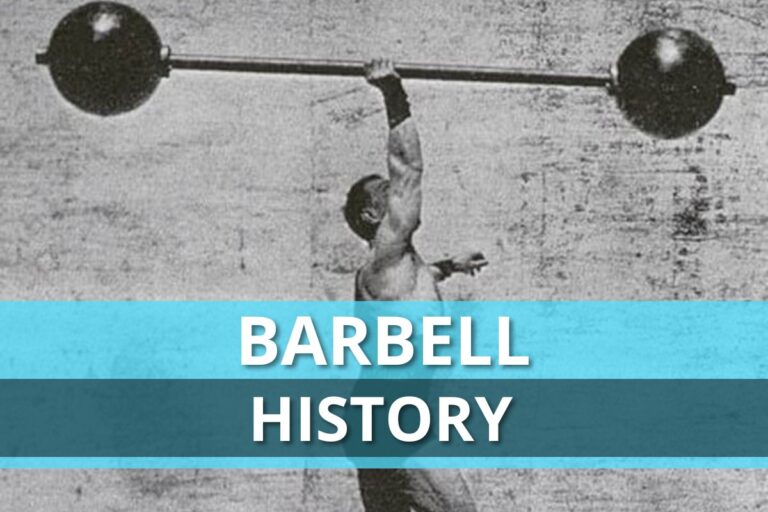How Many Electrolytes Is Too Much? Nutritionist Explain
Electrolytes perform essential life functions meaning they need to be replenished when heavy sweat losses are experienced during endurance-based activity. When supplementing for different activities and sports, how many electrolytes is too much? We’ve discussed the different electrolyte recommendations and situations in which electrolytes may be needed.
During sports and activity, can you drink too many electrolytes? We’ve answered these questions below to help you learn what’s best. Keep reading to learn all about different electrolytes!
How Many Electrolytes Is Too Much? Your electrolyte consumption should be based on the amount lost through sweat and urine during daily activity. Consult the help of a healthcare professional and consider the general guidelines below when using high-strength formulations. Seek medical care immediately if experiencing an electrolyte overdose.
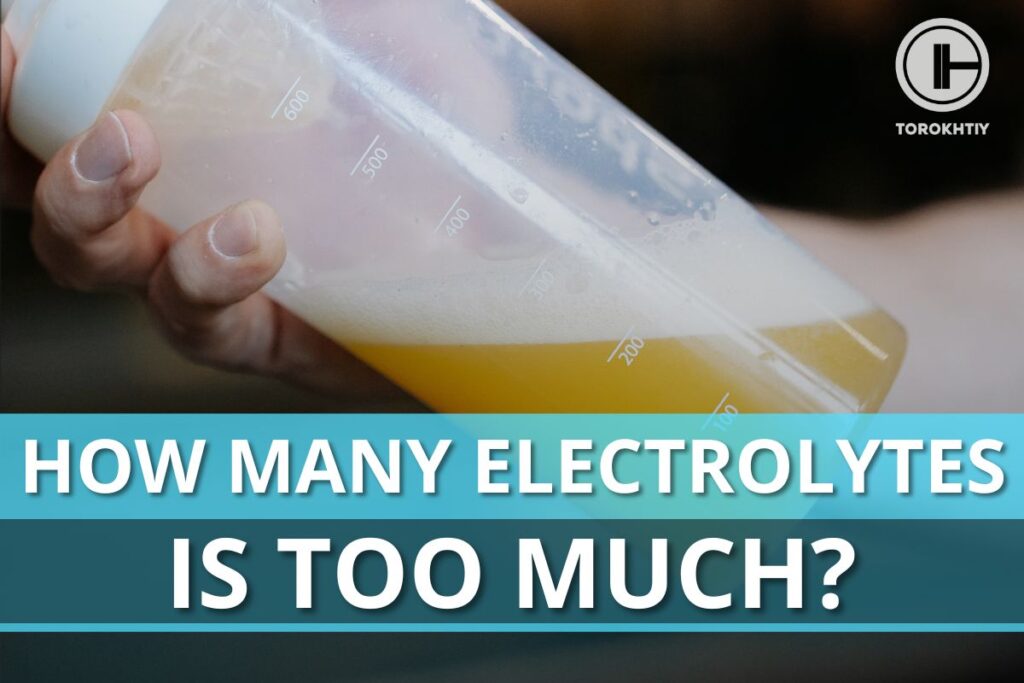
What are Electrolytes Anyway?
Electrolytes are chemicals that are essential for the basic life functioning of the human body. Their most important functions include generating and conducting action potentials in the muscles and neurons and maintaining electrical neutrality in cells. Due to this, they play a central role in maintaining fluid balance and hydration status.
Whilst many different electrolytes exist in living systems, six are considered as the most important to sustain and support daily functioning in the human body. These are:
- Sodium
- Potassium
- Chloride
- Magnesium
- Calcium
- Phosphate
During prolonged physical exercise, electrolytes are lost through our sweat and urine. Electrolyte-containing drinks and powders are designed as a convenient way to replenish these losses when the amount of lost electrolytes can’t be adequately replaced through normal means.
How Many Electrolytes Is Too Much?
The symptoms of too many electrolytes can often be quite dangerous if not recognized early. Electrolytes can cause diarrhea, breathing difficulties, vomiting, confusion, muscle cramps, weakness, and fatigue if over-consumed.
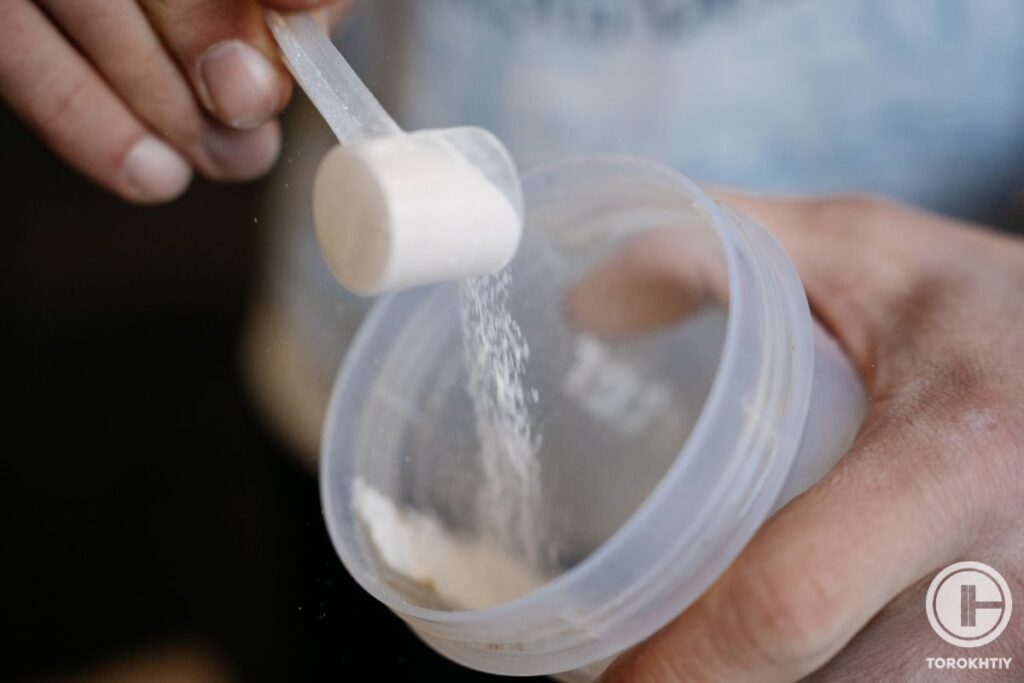
Knowing the different electrolyte recommendations according to activity and lifestyle can help to inform best practices regarding electrolyte use and prevent possible complications.
Here are the general population recommendations for the five main electrolytes and a brief overview of what situations may warrant further intake:
| Electrolyte | General Population Recommendations (19+ years) | Recreational/ Average Gym Goers | Exercise Under 2 Hours | Endurance Exercise over 2 Hours |
|---|---|---|---|---|
| Sodium | 1500 mg (WHO) 2000 mg (American Heart Association) | Additional intake is not needed in most situations where profuse sweating is not experienced. Low-strength electrolyte mixes can be used to improve palatability | In most general situations, sweat losses probably won’t be high enough to warrant additional supplementation Certain sports with protective equipment or power-based activity in hot and/or humid conditions may warrant additional usage | Focus should be placed on adequate sodium replenishment with the help of a sports nutritionist or experienced health professional Additional electrolyte supplementation is needed |
| Potassium | 3,400 mg (Men) 2,600 mg (Women) | |||
| Magnesium | 400-420 mg (Men) 310-320 mg (Women) | |||
| Calcium | 1000 mg | |||
| Chloride | 2,300 mg | |||
| Phosphate | 700 mg |
As a reference guide if you ever experience problems with electrolyte balance, here are the names of the different electrolyte imbalances:
| Electrolyte | Low Levels | High Levels |
|---|---|---|
| Sodium | Hyponatremia | Hypernatremia |
| Potassium | Hypokalemia | Hyperkalemia |
| Magnesium | Hypomagnesemia | Hypermagnesemia |
| Calcium | Hypocalcemia | Hypercalcemia |
| Chloride | Hypochloremia | Hyperchloremia |
| Phosphate | Hypophosphatemia | Hyperphosphatemia |
If you are experiencing any of the above symptoms, immediately seek help from a medical professional who will perform an electrolyte panel or anion gap blood test to check your electrolyte balance.
In cases of overconsumption, fluids will be given intravenously to flush the excess electrolytes out of your body. In severe cases, dialysis may be needed.
*If you are in doubt about the general electrolyte recommendations according to gender and age, consult this guide for more detailed information
Do You Really Need Any Extra Electrolytes Besides the Ones You Get From Food?
Whether or not you need to supplement additional electrolytes on top of the ones provided through a balanced diet depends mainly on the characteristics of the activities you perform daily.
Whilst different foods will provide electrolytes allowing you to reach your daily recommended intakes, specific exercise situations may warrant further intake.
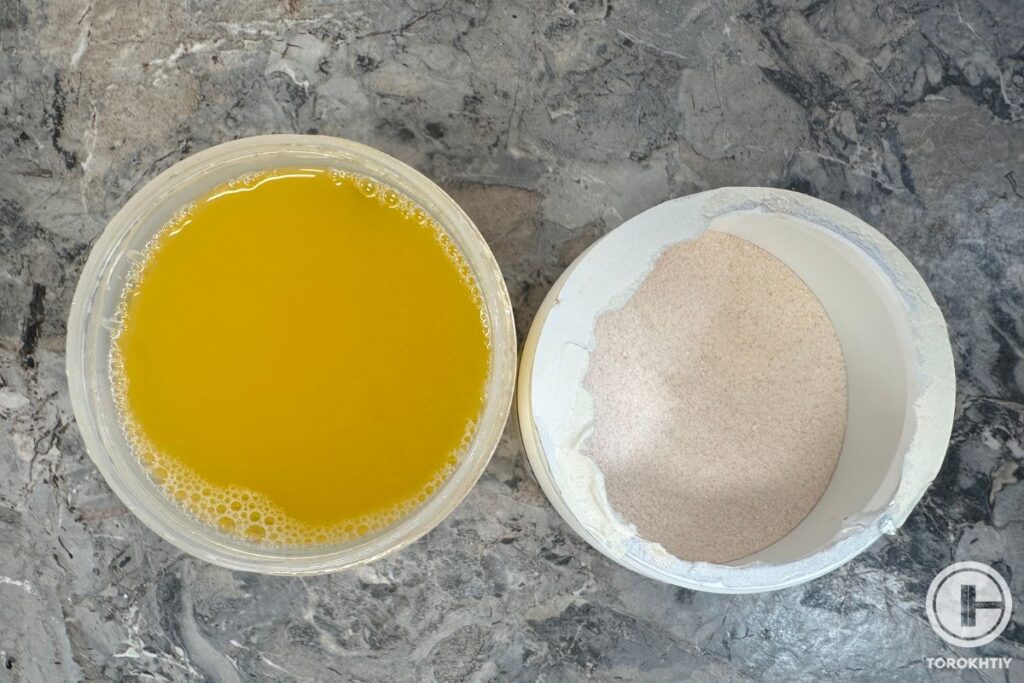
Focus on the exercise intensity, duration, volume, and environmental conditions such as heat and humidity. Considerations should also be made to your clothing worn, with heavy sports clothing and protective gear further increasing sweat losses.
1. If You’re an Average Gym-goer
For recreational exercise, you’re unlikely to experience enough sweet losses to warrant the consumption of electrolytes past those provided by your diet.
The only reason to consume an electrolyte supplement would be to improve the palatability of water if it feels difficult to consume adequate amounts. In this case, a low-strength electrolyte powder can be used or a higher-strength powder can be diluted.
2. If You’re Still Training for Less Than 2 Hours
When training for less than two hours, you most likely won’t need any additional electrolytes on top of those provided by your dietary intake.
However, certain situations may cause additional sweat losses that may warrant the use of additional electrolytes. For example, if you’re an American football player training or playing in protective gear even if it’s only for an hour, evaporation will be harder which increases the amount of sweat loss.
The same applies to other explosive and power-based work and sports, especially in hot and/or humid conditions.
3. If You’re Training for 2+ Hours in Hot and/or Humid Conditions
Research looking at sweat losses from different exercise durations has suggested two hours as the minimum threshold after which electrolyte supplements would be advised.
This would be especially apparent in hot/humid conditions where sweat losses tend to be much higher than in cooler conditions. A higher-strength electrolyte supplement can be sought with the help of a sports nutritionist or relevant health professional.
If You’re Performing Ultra Endurance Events for Several Hours
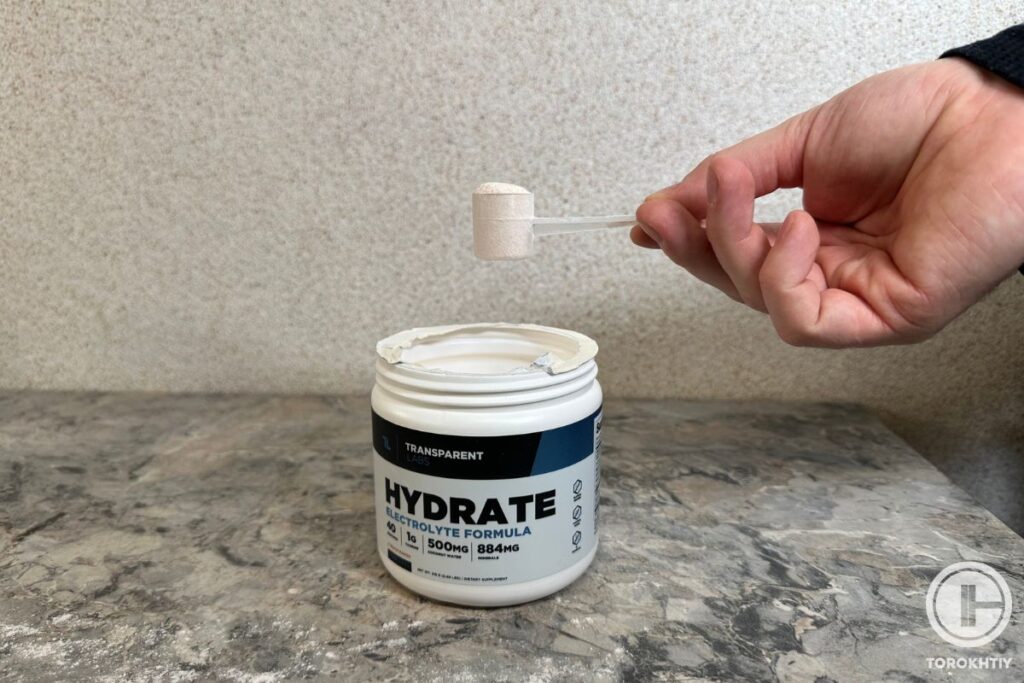
During endurance events lasting 4-6 hours or more, the risk of developing hyponatremia is increased. If too much fluid is consumed, water intake exceeds sweat loss which then dilutes the blood sodium content.
This makes the consumption of an electrolyte drink most warranted in this population to replenish sweat losses with water whilst providing enough electrolytes to maintain the right balance in the body during exercise.
Is it Okay to Drink Electrolytes Everyday?
Electrolyte-containing drinks can be consumed every day if needed but your suitability should be assessed on an individual basis. They are okay to consume daily if you have a training routine that requires electrolyte replacement, but they shouldn’t be considered everyday if not.
With many hydration brands using generalized marketing strategies for their products, it’s hard to know how many electrolyte drinks per day are okay. Electrolyte drinks are designed to replenish lost electrolytes in high-intensity, endurance-type events over 2 hours where profuse sweating is experienced. Lower-strength electrolyte drinks may also be used by average gym goers and fitness enthusiasts to improve drink palatability during normal exercise.
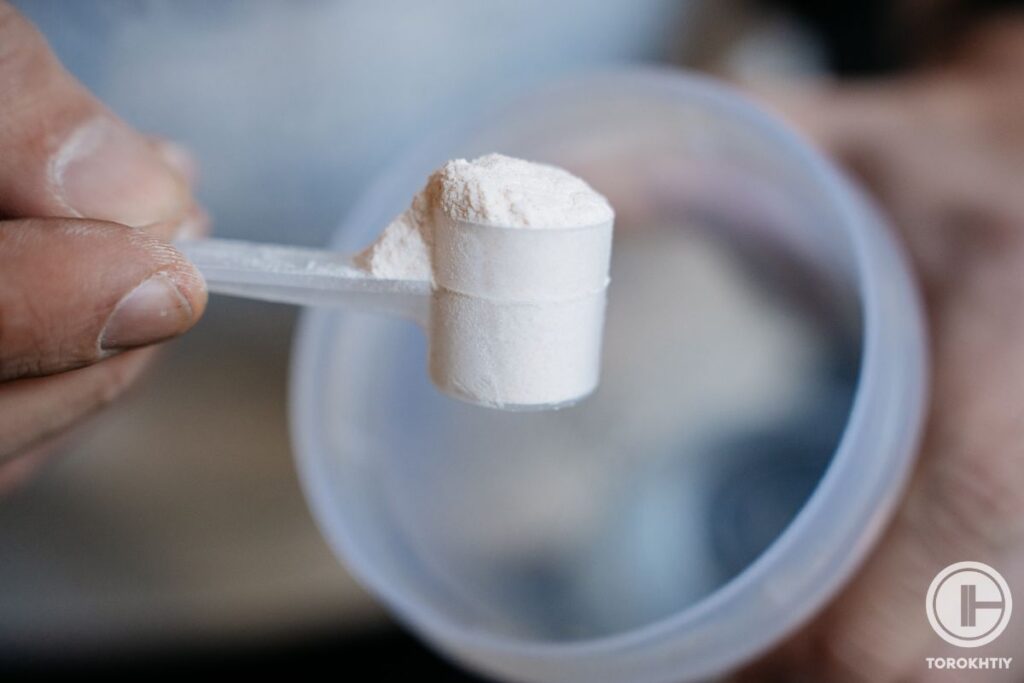
Whilst most electrolyte brands market their products as suitable for all sporting events, in reality, they should only really be considered in certain situations where the sweat losses can’t be adequately replaced during exercise. You can overdose on electrolytes if you don’t understand how to use them correctly.
If you do want to drink an electrolyte drink daily, go with a low-strength formulation designed to improve drink palatability or provide you with energy. If you’re a very active individual looking to add an electrolyte supplement into your daily routine, consider enlisting the help of a sports nutritionist or other healthcare professional.
Our Recommended Ready-to-use Electrolyte Powder
Transparent Labs Hydrate Electrolyte Powder
- Form: Powder
- Flavors: Tropical Punch, Peach Mango
- Key Ingredients: Calcium, Magnesium, Sodium, Potassium
- Additional Ingredients: Coconut Water Powder, Taurine
- Package Information: 304g
- Servings: 40
- Price Per Serving: ~$0.75
- Company Founded: 2012
- Recommended by athletes: Paul Sklar, Hafþór Júlíus Björnsson
The Hydrate Electrolyte Powder from Transparent Labs is a high-sodium, zero-carbohydrate supplement specifically formulated for prolonged endurance-type events where large sweat losses are seen. Each serving contains 500 mg of sodium, 500 mg of coconut water, and 1 gram of taurine giving you a well-balanced, high-strength electrolyte powder. Whilst this isn’t suitable for recreational fitness enthusiasts, the electrolyte concentration can be changed by dividing the serving size or diluting it with more liquid.
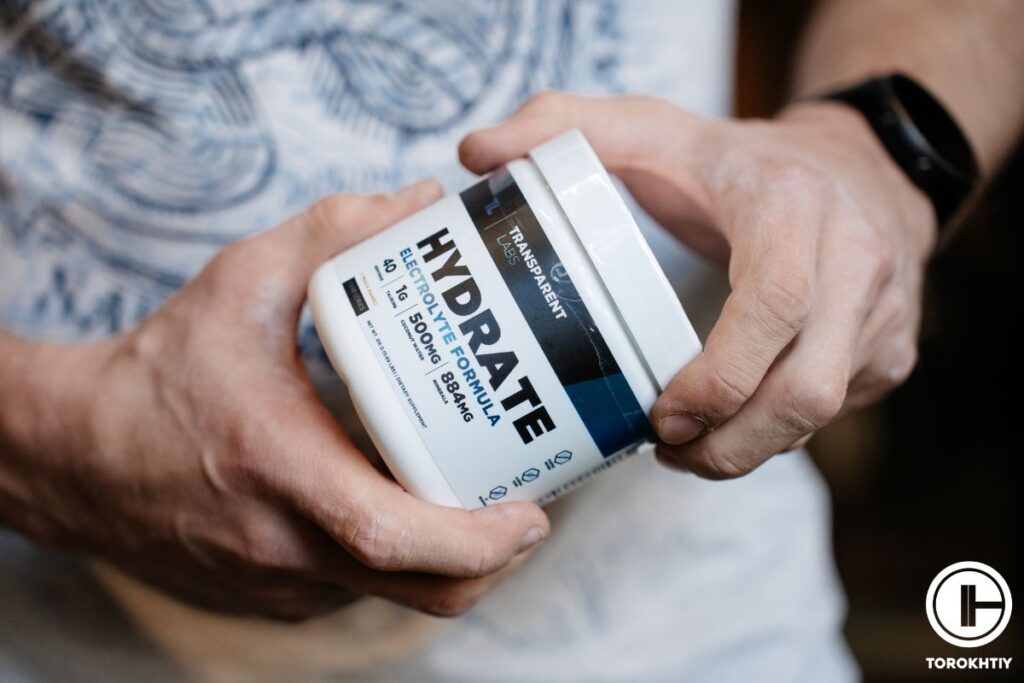
When using Hydrate, it’s important to dilute it correctly. Using the serving size of 500 mg, dilute the powder using 1L of water. Diluting the powder with the correct volume of liquid is important to avoid excesses and water imbalances.
Each tub contains 40 servings and offers great value for money. No artificial flavors, colorings, or preservatives have been used in the manufacturing process. Transparent Labs offers three flavors to choose from which include Peach mango, Fruit punch, and Tropical lemonade.
Our Other Recommended Ready-to-use Electrolyte Powder
Ultima Electrolyte Drink Packets
- Carolies: 0
- Total Carbs: 0 g
- Vitamin C Per Serving: 100 g
- Calcium Per Serving: 65 g
- Potassium Per Serving: 250 mg
- Recommended by Athletes: Desiree Alexis-Kae Mize, Felicia LaTour
The Ultima Ready-to-use electrolyte packets use a lower-strength electrolyte formulation, making them well-suited for average gym-goers looking to improve drink palatability for recreational exercise lasting under two hours. Each 3.5-gram stickpack contains 55 mg of sodium and 100 mg of vitamin C with zero calories, carbohydrates, and protein.
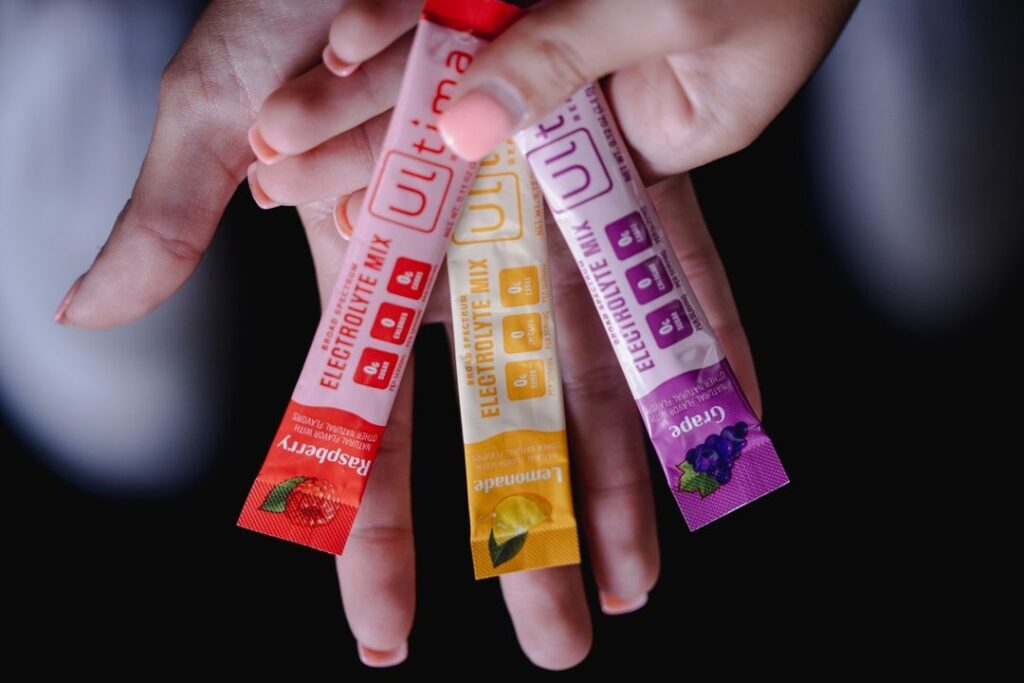
Ultima has designed the stick packs using natural flavors with no artificial sweeteners to give you a clean source of electrolytes for recreational use. Each box contains 20 packets, with three flavors to choose from.
FAQ
Do Electrolytes Hydrate You?
Electrolytes are chemicals that your body uses to regulate the amount of water in your blood and cells. When dissolved in water, electrolytes conduct an electric charge. Electrolytes help water to get into and stay in cells when consumed during exercise and normal daily activity,
For these reasons, electrolytes can indirectly improve hydration status when consumed.
Can You Drink Too Many Electrolytes in a Day?
Like anything, consuming too many electrolytes can be unhealthy and potentially fatal if not monitored correctly. Too much sodium can lead to hypernatremia which can in turn cause dizziness, vomiting, and diarrhea. Too much potassium can lead to hyperkalemia which can cause heart arrhythmia and negatively impact kidney function.
How Much Electrolyte Water Is Safe?
The amount of electrolyte water that would be considered safe to consume totally depends on the duration and intensity of your daily activities. For most recreational activities under two hours, electrolyte water isn’t needed.
Consider the use of electrolyte water and electrolyte-containing supplements under the advice of a sports nutritionist or other health professional.
Conclusion
Electrolyte drinks and powders are designed to be consumed when large amounts of electrolytes are lost through sweat and urine during long-duration exercise. When considering an electrolyte supplement, use the help of a sports nutritionist who will consider your individual needs and examine the tables above to determine how much is too much.
With this, the answer of how much is too many electrolytes really depends on the amount you’re losing through the activity or exercise. Consider this first before consumption.
Have you consumed too many electrolytes before? What happened? Share your story below and we can discuss ways to help!
Also read:
- What Electrolytes Are in Gatorade
- Should You Take Electrolytes Before or After Workout
- Best Amino Acid Powder
- Best Sports Drinks
- Best Amino Acid Powder
- Kaged Hydra Charge Review
References:
- Isha Shrimanker, Sandeep Bhattarai. Electrolytes. Nih.gov. Published 2023. https://www.ncbi.nlm.nih.gov/books/NBK541123/
- Maria E. Roumelioti, Robert H. Glew, Zeid J. Khitan, Helbert R. Berios, Cristos P. Argyropoulos, Deepak Malhotra, Dominic S Rai, Emmanuel I Agaba, Mark Rohrscheib, Glen H. Murata, Joseph I. Shapiro, Antonios H. Tzamaloukas, “Fluid balance concepts in medicine: Principles and practice,” World Journal of Nephrology 7, no.1 (2018):1-28. doi:10.5527/wjn.v7.i1.1
- Lawrence E. Armstrong, “Rehydration during Endurance Exercise: Challenges, Research, Options, Methods,” Nutrients 13, no.3 (2021):887. doi:10.3390/nu13030887
- Dietary Supplement Fact Sheets. National Institutes of Health. Available from: https://ods.od.nih.gov/factsheets/list-all/ (Accessed January 17, 2024)
- Kelly A. Barnes, Melissa Anderson, John R. Stofan, Kourtney J Dalrymple, Adam J. Reimel, Timothy J. Roberts, “Normative data for sweating rate, sweat sodium concentration, and sweat sodium loss in athletes: An update and analysis by sport,” Journal of Sports Sciences 37, no.20 (2019):2356-2366. doi:10.1080/02640414.2019.1633159
- Beat Knechtle, Daniela Chlíbková, Sousana Papadopoulou, Maria Mantzorou, Thomas Rosemann, Pantelis T. Nikolaidis, “Exercise-Associated Hyponatremia in Endurance and Ultra-Endurance Performance-Aspects of Sex, Race Location, Ambient Temperature, Sports Discipline, and Length of Performance: A Narrative Review,” Medicine 55, no.9 (2019):537. doi:10.3390/medicina55090537
Why Trust Us?
With over 20 years in Olympic Weightlifting, our team does its best to provide the audience with ultimate support and meet the needs and requirements of advanced athletes and professional lifters, as well as people who strive to open new opportunities and develop their physical capabilities with us.
By trusting the recommendations of our certified experts in coaching, nutrition, dietology, and sports training programming, as well as scientific consultants, and physiotherapists, we provide you with thorough, well-considered, and scientifically proven content. All the information given in the articles concerning workout programming, separate exercises, and athletic performance, in general, is based on verified data. We ensure that you can rely on our professionals’ pieces of advice and recommendations that can be treated as personalized ones which will benefit you and fully meet your needs.
The product testing process is described in more detail here
Camila has worked as a Nutritionist for 7 years. In addition to being a nutritionist, she is an amateur weightlifting athlete for 2 years. Camila has experience at Flamengo’s football base and in a food supplement company and currently provides services at a clinic. At the moment she is coursing a postgraduate study in Sports Nutrition.

